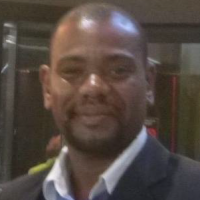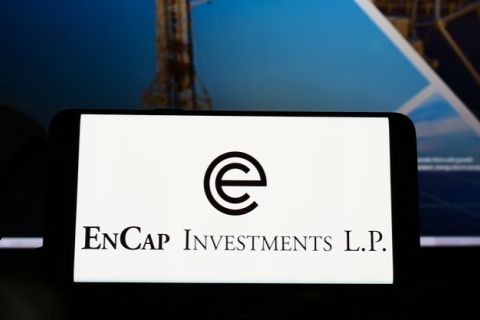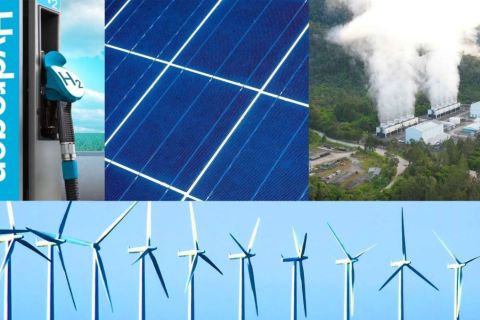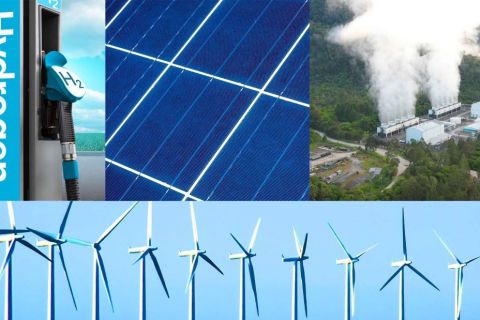
An FPSO is shown offshore Brazil in the Campos Basin. (Source: Leo Francini/Shutterstock.com)
RIO DE JANEIRO—Royal Dutch Shell (NYSE: RDS.A) subsidiary Shell Brasil has teamed up with ABS, SBM Offshore and Federal University of Rio de Janeiro (UFRJ) to develop tools for real-time evaluation of the impact of operating activities and environmental conditions on the degradation of FPSOs.
The move comes as the Anglo-Dutch major aims to develop new technologies to increase operational safety, reduce costs and increase productivity and efficiency of its assets.
The project, which has an estimated investment of US$1.5 million, was developed in Brazil over the last two years. It involves determining which parameters and information are vital for FPSO integrity assessment to define a standard for data acquisition and treatment at fields.
In addition, the project will develop new techniques for estimating the remaining time for safe platform operation.
According to Shell Brasil, this new methodology represents a different approach to the current practice, in which the shelf life of the platform is estimated at the design stage and its degradation by aging only at the end of the project. The new techniques will allow the company to estimate maintenance costs required to extend the operational life of FPSOs.
“Understanding the current condition and knowing how to predict changes in the structural integrity of FPSO units over their useful life is critical to support the decision on the appropriate timing for decommissioning or replacement,” said Shell Brazil Technology Manager José Ferrari. “This partnership with ABS, SBM Offshore and UFRJ is crucial to ensuring the delivery of something of value to the offshore industry.”
In addition to contributing to the optimized management of unit integrity, this new methodology will also enhance the safety of workers by minimizing exposure to repair and inspection interventions, and reducing the risk of structural incidents and deviations from normal operating conditions.
“This project is an opportunity for the university to join forces with the industry in developing advanced techniques and methodologies that will reliably guarantee the extension of the operational life of offshore platforms,” said Luis Sagrilo, a professor at the Laboratory of Analysis and Reliability of Offshore Structures (LACEO)for UFRJ’s civil engineering program.
Guilherme Pinto, technology manager at SBM Offshore in Brazil, added, “We are very pleased to be part of this project. SBM believes it can deliver significant added value through its technical expertise, built with extensive experience in decommissioning, life extension and reallocation of FPSOs and its robust asset integrity program.”
Sidney Bereicoa, ABS’s chief engineer, called the project “an important development opportunity to incorporate technological innovations” into ABS and international regulations applicable to the design and operational management of floating oil and gas production facilities. “It also highlights Brazil as a FPSO technology development center,” Bereicoa said.
The program will be funded by resources from the Research, Development & Innovation program developed by ANP, Brazil’s oil and gas regulator.
Shell’s output in Brazil is roughly 350,000 barrels of oil equivalent per day. Currently, Shell is the second largest oil company in Brazil. The company is present in the Abalone, Argonauta, Ostra, Bijupirá and Salema fields—all located in the Campos Basin.
The purchase of BG Group in 2016 further expanded Shell’s E&P assets in Brazil. With this transaction, the company gained interest in the main presalt fields: Lula, Sapinhoá and Lapa in the Santos Basin. Shell operates several blocks in the Barreirinhas Basin in addition to the S-M-518 (contract BM-S-54) in Santos, site of the Gato do Mato prospect.
In September, Shell Brazil—along with its partners Petrobras and Chevron—won an oil and gas contract at an auction organized by ANP. The contract gives the consortium 35 years to explore the Três Marias Block in the presalt Santos Basin, which is considered as one of the most prolific oil regions in the world.
Recommended Reading
CERAWeek: NextEra CEO: Growing Power Demand Opportunity for Renewables
2024-03-19 - Natural gas still has a role to play, according to NextEra Energy CEO John Ketchum.
EnCap Launches Bildmore to Invest in Hard-to-finance Clean Energy
2024-03-11 - In an effort to support hard-to-finance clean energy projects, EnCap Energy Transition Fund is launching Bildmore, a platform expected to invest in up to 15 third-party battery storage, solar and other energy transition projects per year.
Hirs: Aspirations Meet Reality—The Undisclosed High Cost of the Energy Transition
2024-04-16 - The nation is trying to keep up with the growth of renewable power resources, but before transmission lines can be built, the power plants must first have interconnects with the grid.
Energy Transition in Motion (Week of Feb. 2, 2024)
2024-02-02 - Here is a look at some of this week’s renewable energy news, including a utility’s plans to add 3.6 gigawatts of new solar and wind facilities by 2030.
Energy Transition in Motion (Week of Feb. 16, 2024)
2024-02-16 - Here is a look at some of this week’s renewable energy news, including the outlook for solar and battery storage in the U.S.






